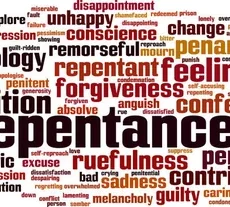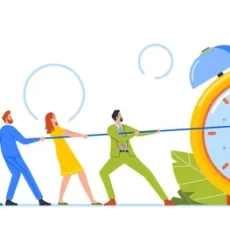Psychologist have long believed that mildly depressive people are realistic in their out look. Optimists have a tendency to dwell longer on pleasant incidence than on painful situations and to over estimate their past performance and mastery of things.
This implies that the pessimist tends to go around with his eyes wide open and to assess situations more lucidly than the optimist. ” Reality may to always be a barrel of laughs, but you have to see things the way they are,” he might say, where as the optimist is a genial but incurably naive dreamer. ” Life will bring him down to earth soon enough,” we think. It so happens that this is not true. Further studies have shown that the pessimist’s objective, detached, and vary judgement is inadquate. When it is a question of real situation drawn from daily life, the optimist approach is intact more realistic and pragmatic than that of the pessimist. If, for example, a cross section of women who drink coffee are shown a report on the increase risk of breast cancer linked to caffeine, or a cross section of sunbathers are informed that lying out in the sun increases the risk of skin cancer, a week later the optimist have better recall of the reports’ details than the pessimists and have taken them more into account their behaviour. Moreover, they concentrate attentively and selectively on the risks that truly concern them, rather than fretting vainly and ineffectually over everything. In this way, they remain more serene than the pessimist and gather their energies for real threats. Happyho also provide best Meditation classes in Noida and Delhi NCR India area.
If we observe the way in which people perceive the events of their lives, appreciate the quality of the lived moment and create their future by overcoming obstacles with an open and creative attitude, we find that the optimists have undeniable advantage over the pessimists. Many studies show that they do better on exams, in their chosen profession, and in their relationships, live longer and in better health, enjoy a better chance of surviving post operative shock, and are less prone to depression and suicide. A study was made of more 900 people admitted to an American hospital in 1960 their degree of optimism and other psychological traits were evaluated in test and questionnaire. Forty years later, it turns out that the optimists lived 19% longer on average than the pessimists – some 16 years of added life for an octogenarian. Further more, Martin Salesman claims that pessimists upto eight times more likely to become depressed when things go wrong; they do worse at school, sports and most jobs than their talent would suggest, It was demonstrated that pessimism exacerbates depression and other difficulties cited and not the other way around; when such people are taught to overcome pessimism by changing their outlook, they are markedly less subject to depressive relapse. There are definite reasons for this. Indeed psychologist describe pessimism as an “explanatory style” for the world that engenders “Learned Helplessness”.



